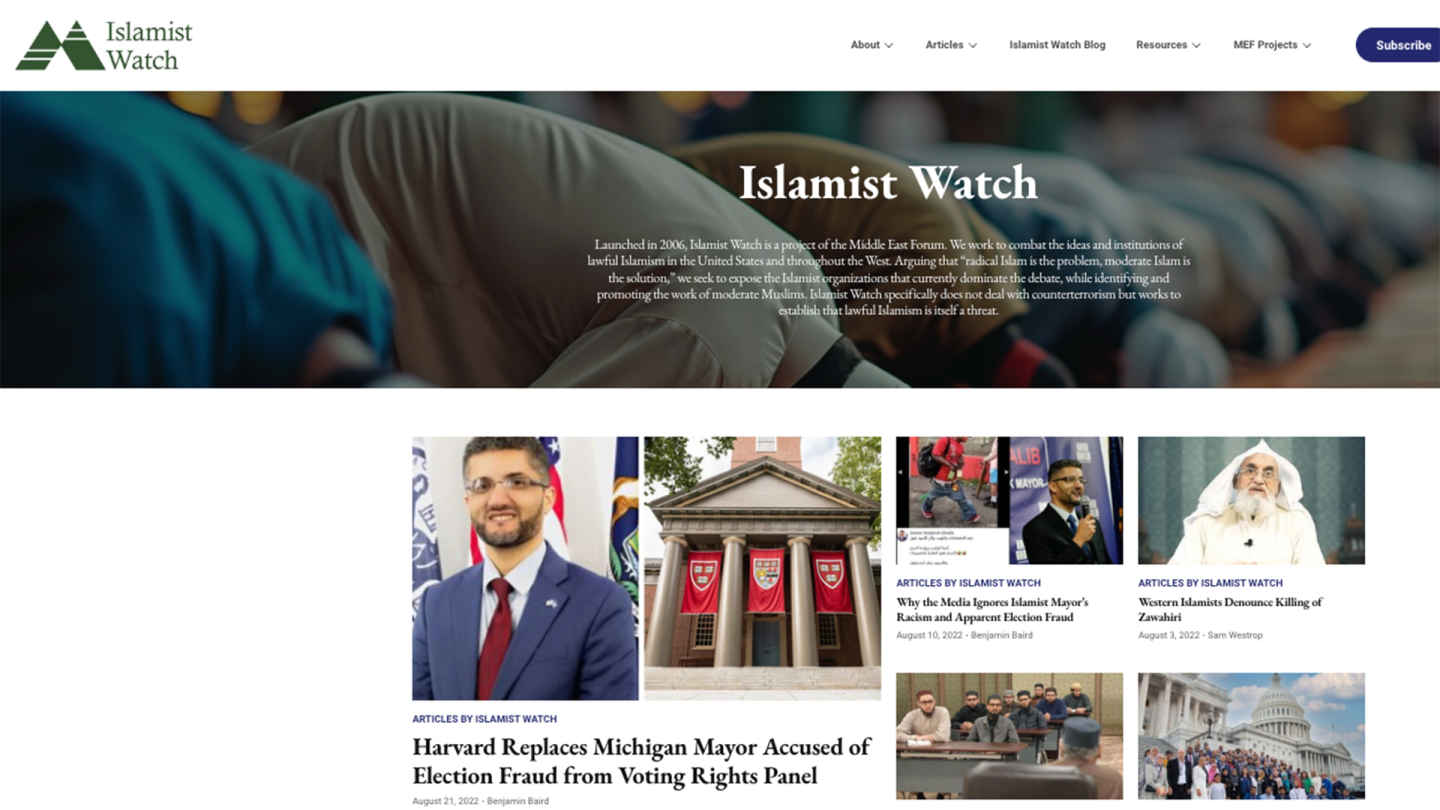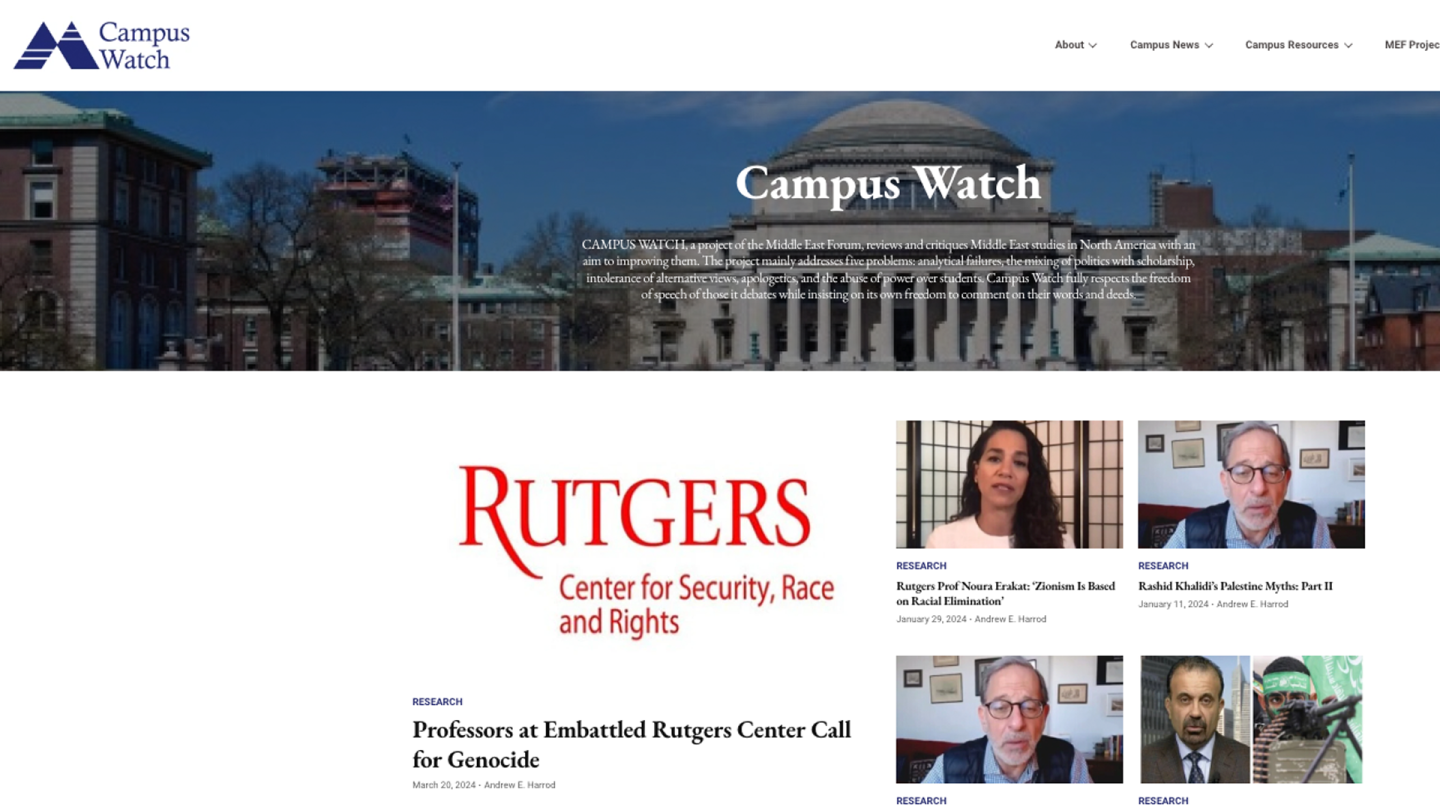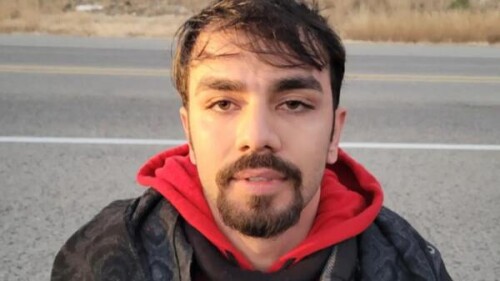Top Turkish Court Denies Greek Heirs’ Claim to Multimillion-Dollar Istanbul Estate, Reinforcing State Control Over Abandoned Minority Properties and Setting a Precedent for Future Restitution Cases
Time to Confront ‘Cultural’ Centers that Promote Islamism
The Irony of Focus on Palestinians Is That, of All the Aspirants in the Broader Middle East, They May Be the Least Deserving
There Is a Growing Dissonance Between Trump’s Enthusiasm for Supposed Strong Leaders Such as Erdoğan and Trump’s Promise to ‘Make America Great Again’
It Is Apparent That amid the Great Suffering of Gaza’s People, Hamas Has No ‘Victory’ to Speak Of
Azerbaijan’s Demand for a Zangezur Corridor Is About War, Not Peace
What Happens in Gaza Does Not Stay in Gaza. By Validating Hamas’s Choices, European Leaders Today Promote Hamas as a Model
To Be a Loyal Turk, It Is Now Implicitly—And Often Explicitly—Understood That One Must Be Muslim
Scholars Condemn the Papacy’s Complicity with One of the World’s Most Repressive Dictatorships as Caviar Diplomacy Reaches the Vatican
Spotlight: Qatar and Turkey are questionable allies
Qatar and Turkey, subjects of an ongoing outreach campaign by the Trump Administration, are touted as major players in the newly hatched regional peace plan. Yet, their potential for productive roles is eclipsed by their detrimental actions.
Their ties to numerous terrorist groups are seen in their eagerness to provide aid and comfort to Hamas’s leaders, many of whom enjoy luxurious lifestyles in both countries. The regional plan must hold Qatar and Turkey accountable for their actions and insist that they cease their support for terrorists. Absent these changes, the United States and its allies will continue to reward their nefarious ways to the detriment of regional peace and stability.
Their ties to numerous terrorist groups are seen in their eagerness to provide aid and comfort to Hamas’s leaders, many of whom enjoy luxurious lifestyles in both countries. The regional plan must hold Qatar and Turkey accountable for their actions and insist that they cease their support for terrorists. Absent these changes, the United States and its allies will continue to reward their nefarious ways to the detriment of regional peace and stability.
Middle East Quarterly - Current Issue
Founded in 1994 by Daniel Pipes, MEQ is the Middle East Forum’s journal intended for both scholars and the educated public. Policymakers, opinion-makers, academics, and journalists write for and read the Quarterly, which is known for exclusive interviews, in-depth historical articles, and book reviews on subjects ranging from archaeology to politics and on countries from Morocco to Iran.
Fall 2025 Volume 32: Number 4
Fall 2025 Volume 32: Number 4
Middle East Forum Observer
Founded in 2024, the Observer provides rapid analysis on leading Middle East developments, from Marrakech to Mashhad and the Bab el-Mandeb to the Black Sea.
Launched in 2006, Islamist Watch is a project of the Middle East Forum. We work to combat the ideas and institutions of lawful Islamism in the United States and throughout the West. Arguing that “radical Islam is the problem, moderate Islam is the solution,” we seek to expose the Islamist organizations that currently dominate the debate, while identifying and promoting the work of moderate Muslims.
CAMPUS WATCH, a project of the Middle East Forum, reviews and critiques Middle East studies in North America with an aim to improving them. The project mainly addresses five problems: analytical failures, the mixing of politics with scholarship, intolerance of alternative views, apologetics, and the abuse of power over students. Campus Watch fully respects the freedom of speech of those it debates while insisting on its own freedom to comment on their words and deeds.

























































